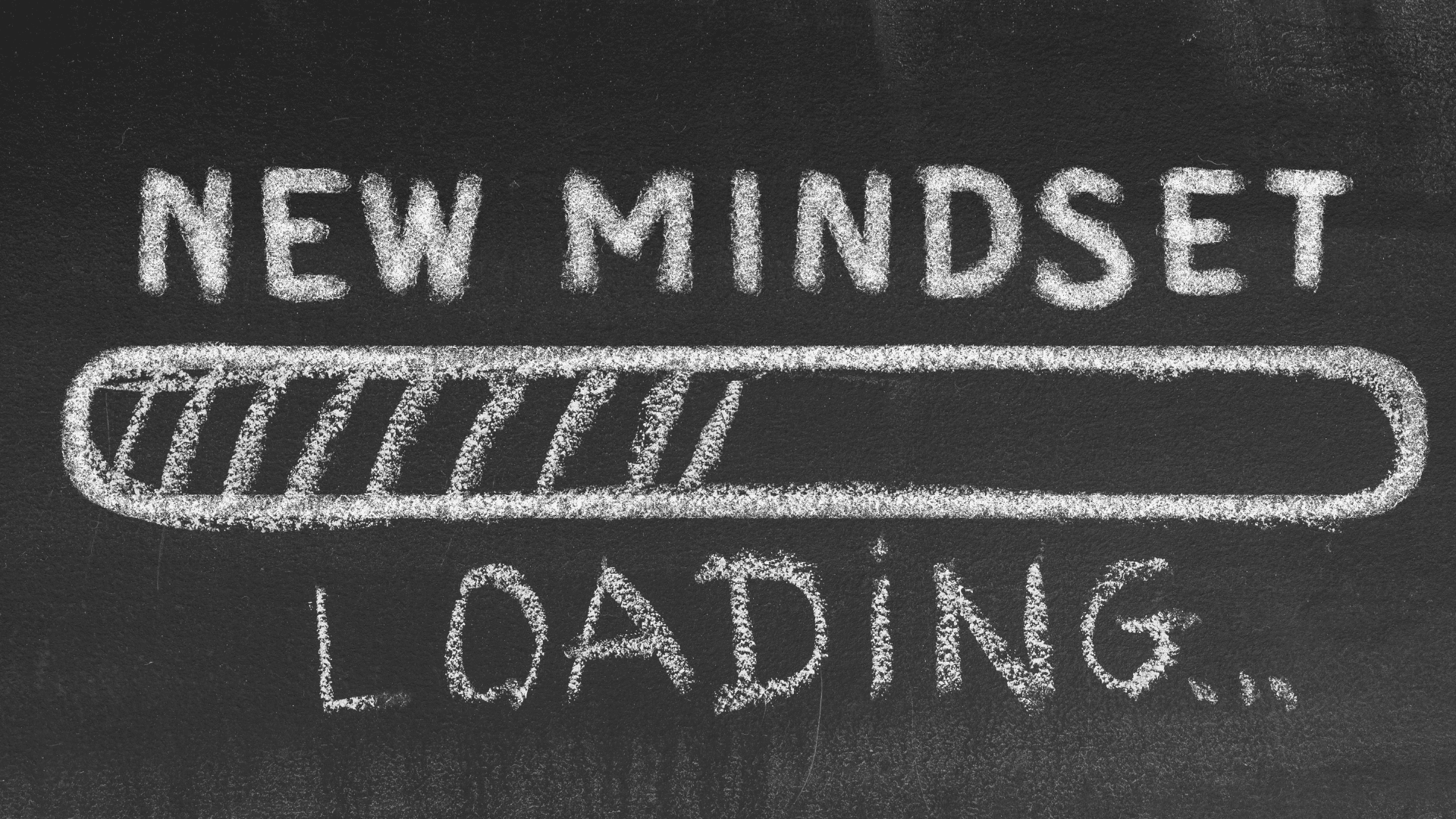Articles
Sleep and Performance
BY: Pete Jensen | Date:
It’s safe to assume that you are reading this because you want to become a better leader, or at the very least, you are interested in goal-setting for better performance or personal improvement.
You’ve come to the right place. Team Performance Institute is dedicated to helping people unlock their potential by gaining self-awareness and clarity, while becoming focused and results-driven.
But there’s a catch.
Learning the material and building the skills from TPI courses and executive coaching requires good quality sleep. Without it, your ability to absorb and fully profit from the experience is significantly degraded.
So it’s wonderful that you want to improve and learn new leadership skills – but as I’ll demonstrate –your progress will be determined by how much sleep you are getting during your training.
Bottom Line: The best way to get the most out of leadership training or executive coaching is to show up well rested.
The Impact of Sleep Deprivation
Sleep deprivation has a clear impact on several of the key leadership qualities that TPI teaches:
- Emotional Intelligence (EQ)
- Managing Complexity
- Communication
- Growth Mindset
The good news is the business world is now beginning to recognize and even embrace the importance of sleep for leadership and employee performance alike. The increasing momentum in this direction is evidenced by forward-thinking leaders who show a good example by going as far as emphasizing a culture that recognizes the importance of sleep vs. wearing their sleep deprivation like a badge of honor. This is becoming easier to do as the mounting empirical research continues to prove the point.
A published study in Occupational and Environmental Medicine showed that after roughly 17 to 19 hours of wakefulness, individual performance on a range of tasks is equivalent to that of a person with a blood-alcohol level of 0.05 percent. That’s the legal drinking limit in many countries. But after 20 hours of wakefulness, this same person’s performance equals that of someone with a blood-alcohol level of 0.10 percent, which goes beyond the legal definition of drunkenness in the United States.
The Impact on Organizational Leadership
A Seminars in Neurology study points out that a specific area of our brain is responsible for functions such as sensory perception, motor commands, and language directs “executive functioning, including all the higher-order cognitive processes, such as problem solving, reasoning, organizing, inhibition, planning, and executing plans.” In other words this part of our brain gets stuff done – but only if you get enough sleep to provide it with the proper “care and feeding.” Otherwise, your high-order mental skills can’t cope, and you begin to damage work relationships.
This can manifest itself in making mistakes, losing your temper, yelling at co-workers, poor judgment, impaired creativity, and being incapable of following conversations – none of which would put you in line for “Manager of the Year.”
Despite the old “I’ll sleep when I’m dead” myth that was popular in generations past, according to an assessment by the Harvard Business Review, today’s senior executives tend to get more sleep than others in their organization. Contrary to the stereotype of the always-on “sleep is over-rated” CEO, the consensus today is that executives understand the importance of sleep and do their best to get it – including Jeff Bezos who is proud of needing his full 8-hours.
So You Need More Sleep.
Here’s How to Get It.
The Center for Disease Control says that 35.2% of adults report sleeping less than 7 hours every night. You may count yourself among that number. Even if you carve some sleep time out of your schedule, many people find it difficult to simply drop off into dreamland for their required 7-to-9 hours. From insomnia to apnea to restless leg syndrome . . . to a newborn in the house, a leaky faucet, or a partner who snores –
It can seem like the world is conspiring against you when it comes to sleep.
Beyond true medically diagnosed sleeping disorders, there are lifestyle changes and “hacks” you can begin to do tonight that have been shown to improve the quality of sleep.
Practicing Good Sleep Hygiene
Your body knows how to sleep. Sometimes you just need to get out of your own way and let it happen.
Begin with temperature. When you go to sleep, you don’t want your room too warm or too cold. The ideal room temperature to promote better sleep is between 65 and 70 degrees.
Cutting caffeine intake off after lunch is ideal. And if it’s less than 3 hours before bedtime, drink alcohol with caution. You may hear some say that a glass of wine at night helps them sleep. While it may make one drowsy, as the night goes one, the alcohol in your system prevents deep sleep, which leaves you feeling tired the next day no matter how long you stay in bed. Remember it’s not just about 7-9 hours, but a good quality 7-9 hours. Alcohol also relaxes the muscles in your body, which means the tissue in your throat, so you snore more – which is disruptive. Alcohol is a diuretic, which means you may need to make bathroom visits in the middle of the night, which can make you dehydrated, and wake up for lack of water.
Light is another factor proven to affect sleep. If there is too much light in your bedroom, especially artificial light, it can stop the production of melatonin in your brain, the hormone related to making you sleepy. Cellphones and laptops are blue light sources and major disruptors of sleep. They trick your brain into thinking it is still daytime. Try to avoid looking at screens at least 60 minutes before you go to bed. If you’ve turned your bedroom into a place to watch TV and review PowerPoint decks, your mind will begin to disassociate that space from sleep. Retrain your brain to think of the bedroom as a place to sleep – not a “home office.”
If your mind is racing when you hit the pillow or you find yourself suddenly awake at 3am, it’s probably because your brain is engaged in critical thinking. This may be due to a lack of carving out strategic thinking time during your week. If you don’t protect space to do your thinking in the daytime, it will become an unwelcome visitor at night and at that point it won’t matter what your sleep hygiene habits are.
11 Recommendations for Sound Sleep:
- Find your routine. Try going to bed and waking up at the same time every day – even on weekends.
- Cut the late-night cardio. Finish heavy exercise 2 or 3 hours before your bedtime.
- Reduce caffeine and nicotine – aim to stop caffeine by early afternoon.
- Limit alcohol before bed. It can help you fall asleep – but will disturb your sleep.
- Eat light in the evening – heavy food near bedtime can interrupt sleep.
- Ask your doctor if your medication can be taken earlier in the day – as some meds interfere with sleep.
- Make time to unwind before bed – listening to music, a bath, light stretching, writing in a worry journal, or reading.
- Taking a hot bath before bed drops your body temperature in bed, while making you feel sleepier and more relaxed.
- Keep tech out of the bedroom – phones, tablets, and TVs prime your brain for staying alert.
- Get some sunlight during the day – then turn down your lights in the evening.
- If you are lying in bed awake for more than 20 minutes – get up and do some relaxing activities until you feel sleepy again – only then should you return to bed to sleep.
If At First You Don’t Succeed
Recognize with all of this… you’re aiming for 7-to-9 hours of quality sleep, but life happens.
If you’re an executive with a company to run, or you’ve got a family to help raise, responsibilities and obligations can get in the way – but the more you are aware of good sleep habits and practices – the better chance you have of at least improving your average night’s sleep.
You may not be able to do much about your 2-month-old infant’s night feedings, but you can control where the dog sleeps and what time the TV is turned off and how much caffeine or alcohol you consume, or perhaps the temperature of the bedroom and the quality of your mattress.
Understand that great quality sleep is a goal and not a zero-sum-prospect where it’s either you get good sleep, or you don’t. Focus on optimizing each night – adjust the things you can. Get the quality of sleep that is attainable for any given night. In other words, take each night as it comes and do your best.
Besides, tomorrow’s a new day… and a new night, as well.
More Articles

Failing Forward: Where Breakthroughs are Born
Every successful person you admire has failed more times than you can imagine. The narrative around failure has evolved dramatically in recent years, particularly in business and personal development circles. While society once viewed failure as something to be ashamed of, today’s most innovative leaders and thinkers recognize it as an essential catalyst for growth. … Continued

From Roadblocks to Stepping Stones: Transforming Career Obstacles into Opportunities for Growth
Every successful professional’s journey is marked not by the absence of challenges, but by their unique approach to navigating them. Those who thrive don’t just overcome obstacles – they transform them into catalysts for growth. The most resilient professionals have mastered the art of viewing roadblocks not as dead ends, but as detours leading to … Continued

The Power of Yet: How One Small Word Can Transform Your Mindset and Unlock Your Potential
The simple addition of “yet” to any statement of limitation can instantly transform it from a dead end into a doorway of possibility. Growth mindset has become something of a buzzword in recent years, popularized by psychologist Carol Dweck’s groundbreaking research. But at its core, this concept isn’t just another professional development trend – it’s … Continued